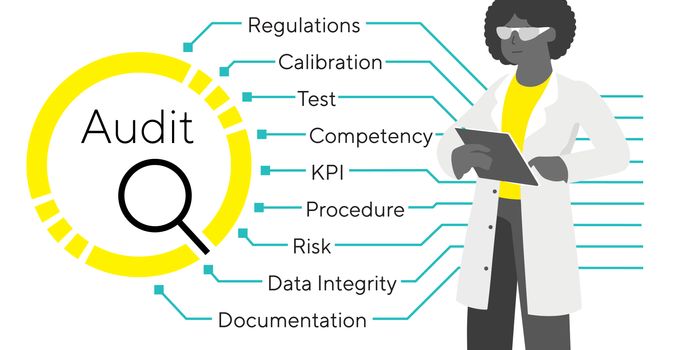Is There a Link Between Personality and Cognitive Decline?
No one is shocked when the perpetual Netflix-binging couch potato develops dementia. But can personality traits actually predict who will develop cognitive decline? A study published in April in Journal of Personality and Social Psychology says there is an association.
The study found that people who scored high on extraversion, high on conscientiousness, or low on neuroticism are more likely to have normal cognitive functioning in the long run. Extraversion includes traits of enthusiasm, assertiveness, and talkativeness. Conscientiousness is characterized by competence, dutifulness, and self-discipline. Those who are neurotic are said to be anxious, depressed, and emotionally unstable.
Data in this study came from around 2000 individuals enrolled in the longitudinal study of older adults in the Chicago area, the Rush Memory and Aging Project (MAP). Data collection began in 1997 and includes results from annual personality and cognitive assessments. The mean age at baseline of participants was 80 years old.
Researchers assessed personality traits using the NEO Five Factor Inventory (NEO-FFI). They adjusted for other factors like demographics, depressive symptoms, and the presence of the apolipoprotein ε4 allele associated with dementia.
According to the study, people who scored higher on the trait of conscientiousness were significantly less likely to develop mild cognitive impairment during the study. Mild cognitive impairment is defined as the stage between normal cognitive decline from aging and the more serious cognitive decline associated with dementia.
Neuroticism, on the other hand, was correlated with an increased risk for cognitive dysfunction – scoring an additional 1 standard deviation on a neuroticism scale was associated with a 12% increased risk of mild cognitive impairment.
Results were similar for people high on extraversion. High extraversion was also linked to an increased likelihood of cognitive improvement. Those who had mild cognitive decline were more likely to revert back to no cognitive impairment if they were highly extraverted. The study's lead author, Tomiko Yoneda, states that high extraversion and low neuroticism may have a protective effect in helping people recover once they receive a mild cognitive impairment diagnosis.
Yoneta also added, "Personality traits reflect relatively enduring patterns of thinking and behaving, which may cumulatively affect engagement in healthy and unhealthy behaviors and thought patterns across the lifespan."
Sources: Medscape, Journal of Personality and Social Psychology








